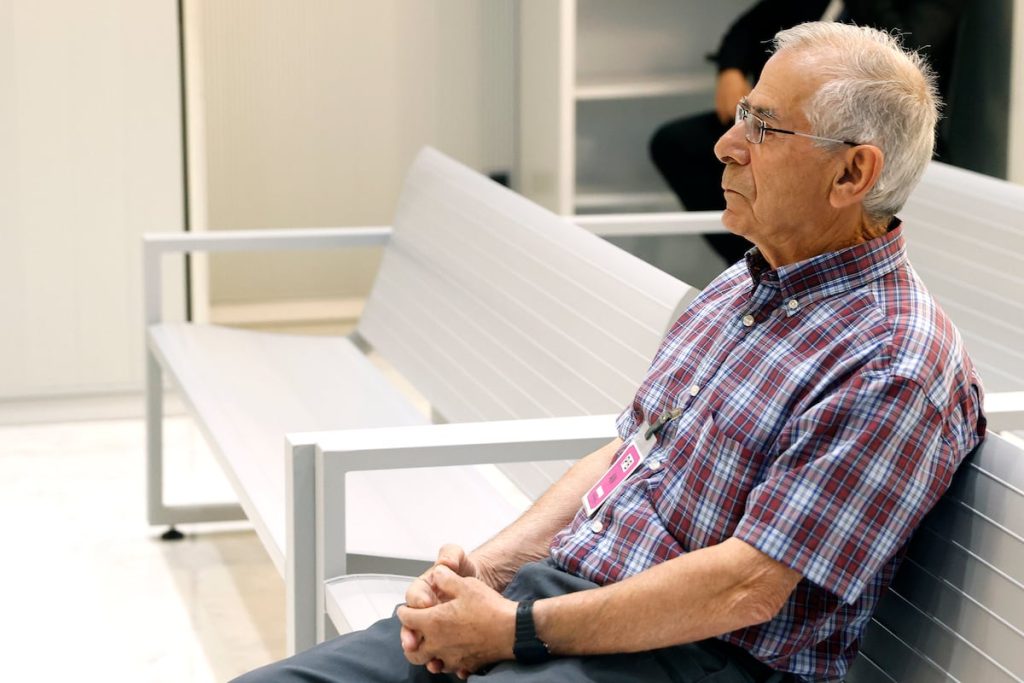On Monday, the police cornered Pompeyo González, a 75-year-old retiree accused of sending six letters with pyrotechnic material in 2022 to, among others, the Spanish president, Pedro Sánchez, and the embassies of Ukraine and the United States in Madrid. During the first day of the trial at the National Court, the officers described the numerous clues that led them to the man, such as DNA evidence, the type of envelopes used, and traces of screws. One investigator summarized, “His home seemed practically like a workshop. He was very meticulous. When he left his house, he took security measures. And when we arrested him on the street, he was very calm and said, ‘You have made a mistake, I am a person who likes marquetry.'”
The Prosecutor’s Office is asking for 22 years in prison for Pompeyo González, a retired civil servant from the City Council of Vitoria and resident in Miranda de Ebro (Burgos). He was arrested on January 25, 2023, after the police had been tracking him for two months. According to investigators, due to his ideological affinity with the current Russian regime, he carried out these actions as a rejection of the support Spain provided to Ukraine after the invasion launched by the Kremlin. The trial against González is expected to conclude on Thursday, with the first session starting with testimonies and expert examinations, as the judges have authorized the accused to speak at the end of all.
The session on Monday proved detrimental to González’s interests. Fifteen officers from the National Police and the Civil Guard detailed the investigations that led to him. They pointed him out without hesitation. An investigator told the court, “I was struck by the molding machine he had, in which the Explosive Device Technicians found a brown substance that matched what was found in the [incendiary] devices.” The investigations began after an explosive device detonated on November 30, 2022, at the Ukrainian embassy, injuring a security guard. It was discovered that a similar device had been received at La Moncloa just days earlier. Other similar packages were sent to the Ministry of Defense, the US embassy, the Instalaza arms company, and the Satellite Center at the Torrejón de Ardoz air base in Madrid.
The investigators explained that the used package trails pointed to González: they discovered they were sent from Castilla y León thanks to the postmarks, allowing them to trace the route back to Miranda de Ebro. Additionally, the envelope used had been bought through a website where Pompeyo González was a registered customer. The police also questioned Amazon to find more matches. The examining judge José Luis Calama listed more clues found in the search of González’s home, including cylindrical rods that could correspond with the type used in the incendiary devices, screws with springs similar to the striker used, and drills with precision bits similar to those used in their manufacture.
The summary of the case stated that González regularly visited Russian government-funded news portals banned in the EU for spreading pro-Russian propaganda, such as Russia Today and Sputnik News, as well as websites about weapons and chemicals. The prosecution also pointed out internet searches such as “if gunpowder is wrapped in nails, can it explode,” “how much does a liter of uranium weigh,” “learn Russian in 10 days,” and “where are tanks manufactured in Spain. The prosecution alleges that González, opposed to the support provided to Ukraine by the Spanish and US governments, sought to cause deep turmoil in the peaceful coexistence of Spanish society.


